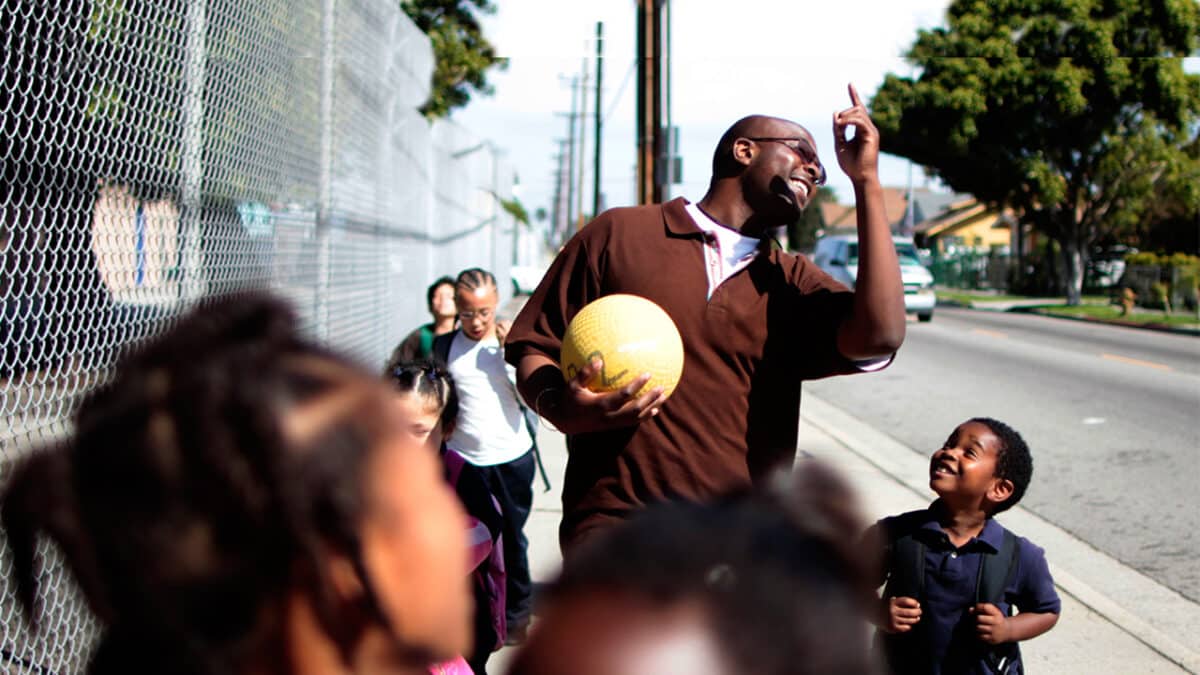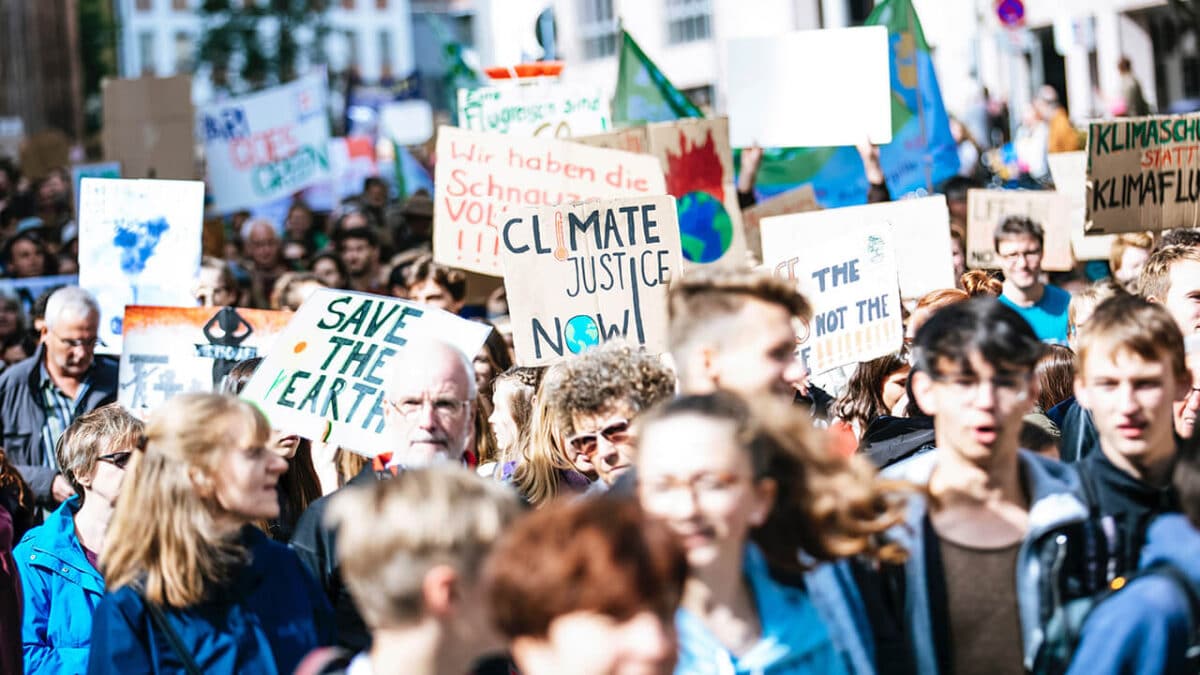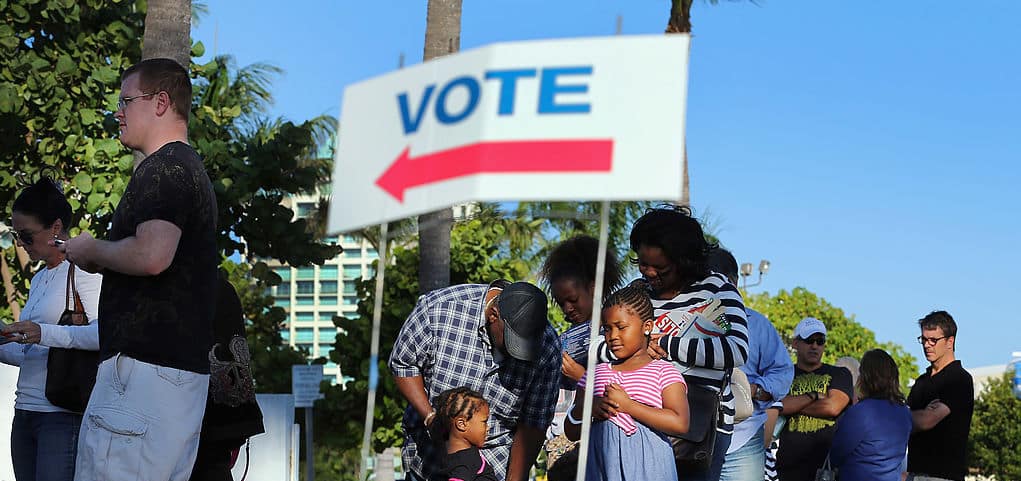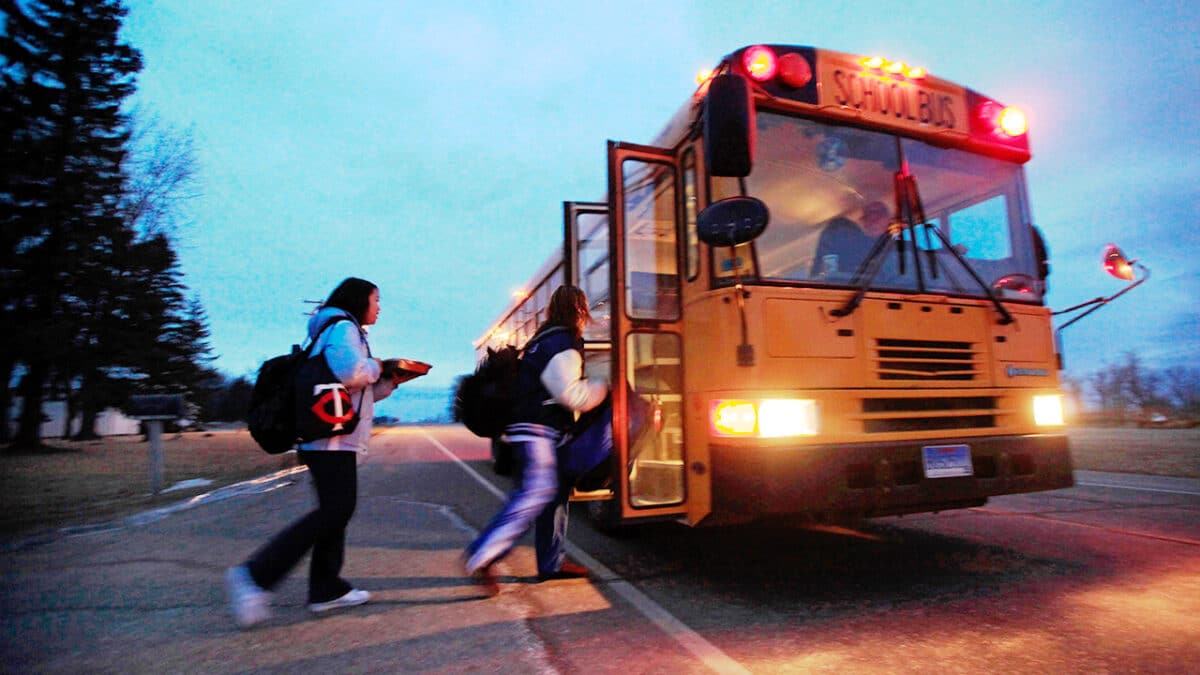
Poverty, Inequality and Opportunity
What role should governments play in alleviating poverty? Can public policy help foster prosperity and equality?
Latest Article

The “Yes In God’s Backyard” Movement and the Preservation of Religious Spaces
Interest in “faith-based development” to repurpose underutilized land and buildings for the creation of affordable housing, is growing among congregations and policymakers. This movement, also known as “Yes in God’s Backyard” or YIGBY, offers many benefits for religious groups, including a compelling alignment with a moral imperative to serve the unhoused and financially distressed.Explore all Articles
filter by–Region
filter by–Country
search by–Keyword

The Need to Partner Humanitarian Aid and Academic Research in the Middle East
04.18.20
In 2016, I was working at a UNHCR clinic in a refugee camp in South Beirut, Lebanon as a medical assistant. I remember throwing out suitcases full of donated medications, which were all outdated, or otherwise uselessbecause they were not addressing the health problems that we were seeing in the population. What good is a […]
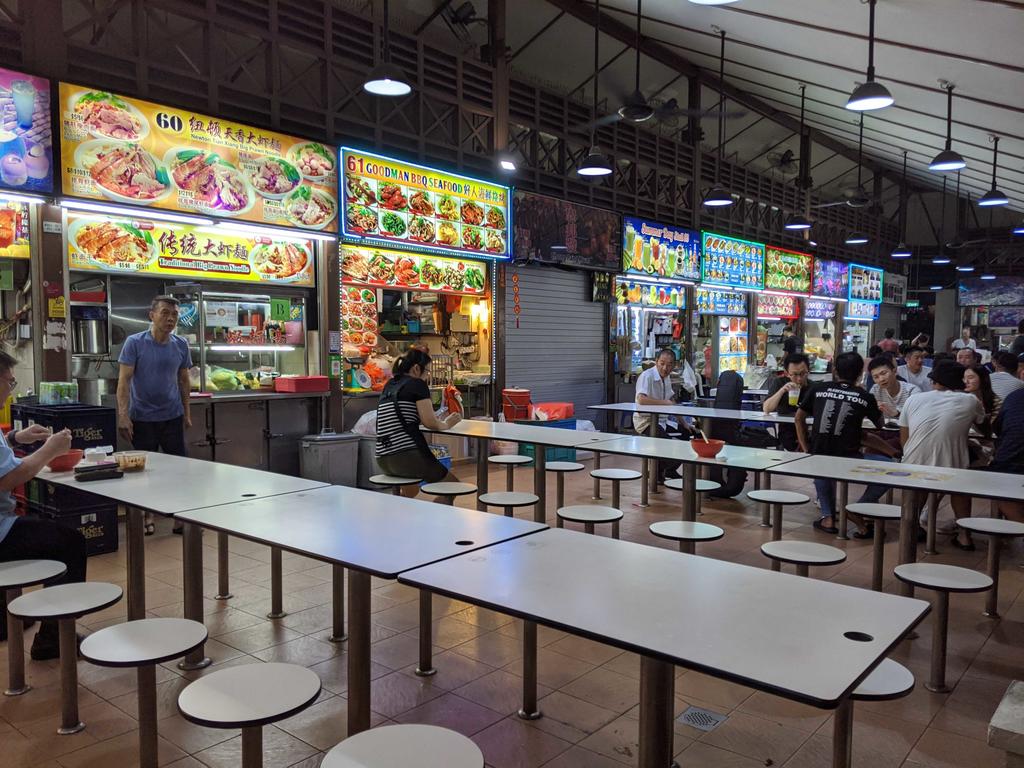
Will There be a Nouveau Poor?
04.5.20
Al Lim looks at how COVID-19 exacerbates existing vulnerabilities that small business owners already struggle with and considers how government support mechanisms can – and should – be deployed to help them cope with both the ongoing effects and aftermath of the pandemic.
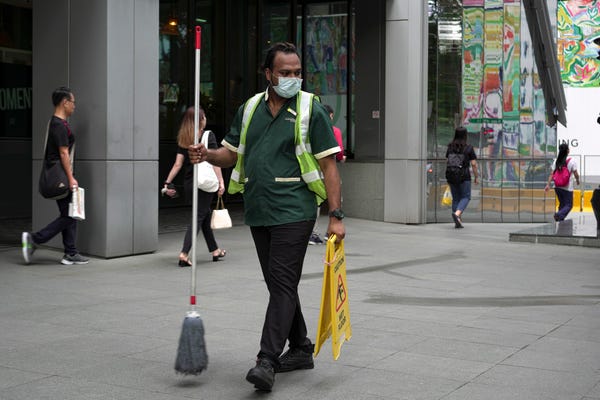
Citizenship in Crisis
03.28.20
What happens to citizenship when crisis disrupts the state’s ability to fulfil its obligations to its citizens, or when citizens find themselves unable to depend on their states for a meaningful guarantee of protection in times of need? Using the emergent COVID-19 pandemic as a lens, Theophilus Kwek considers how states, including Singapore, can do better in caring equally for their citizens – and how citizens can also support each other.
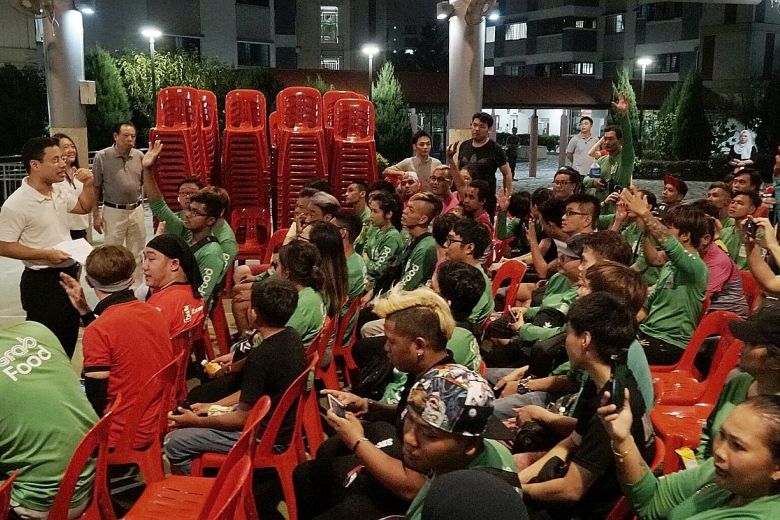
The Case For Incorporating Social Analysis Into Policy Design
02.24.20
Paul argues that policymakers need to move beyond numbers-driven, utilitarian logics of decision-making and incorporate a human-centered approach to policy-making. Drawing from Teo You Yenn’s seminal work on the need to understand issues like inequality as lived experiences rather than just statistical data, Paul considers the benefits of a social analysis approach and examines the ways in which it can be implemented in Singapore.
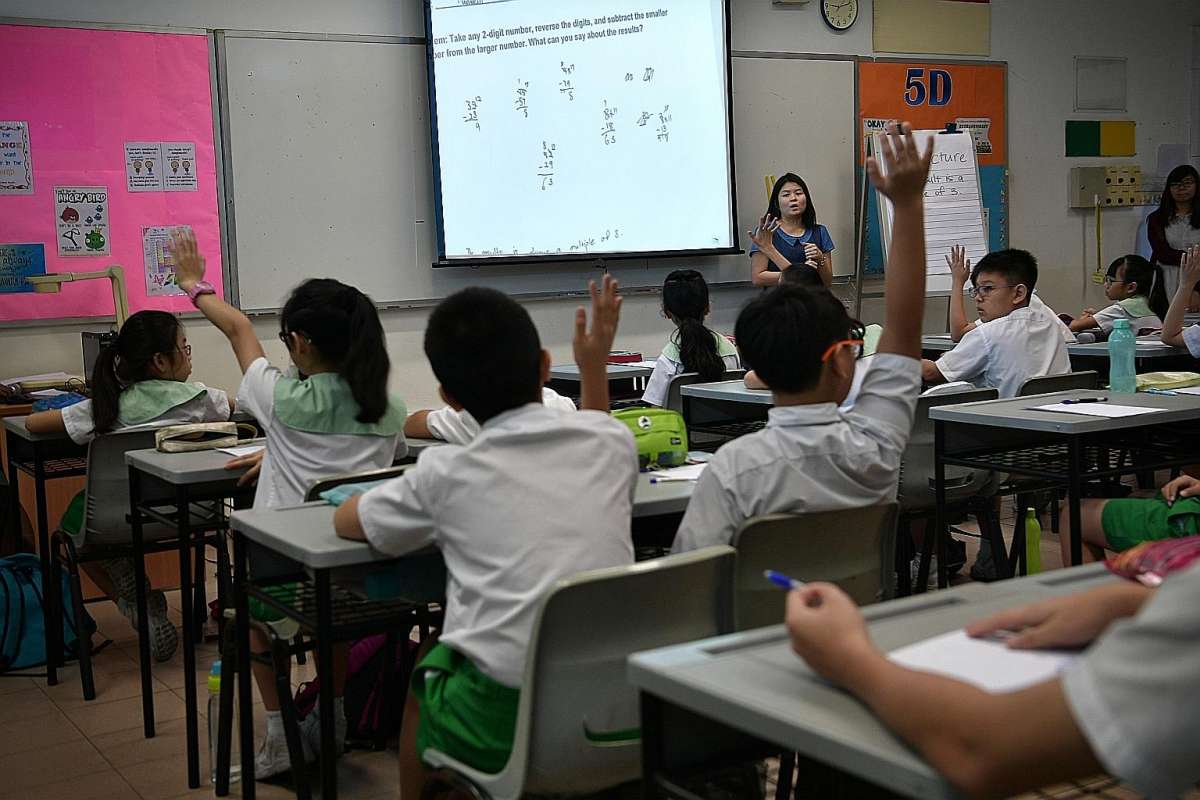
The Legitimization of Inequality
12.5.19
Meritocracy is generally celebrated as an ideology that promotes equality of opportunity, and hence, seen as just. Xuan Yee interrogates this view by exploring the moral, psychological, and intellectual ramifications of meritocracy when taken to its extreme. He argues that an unquestioned belief in meritocracy is dangerous, for it encourages the successful to justify their own moral deservingness of their position in society, and thus, legitimizes inequality.

When Trauma-Informed Pedagogy Is Not Enough: The Need for Increased School-Based Mental Health Services in Public Schools
10.8.19
“Where I live, people don’t call the police.” There’s a palpable stillness in the room. Thirty-five pairs of adolescent eyes are fixed on Mariely[1] as she quietly, bravely describes witnessing a man get stabbed in front of her house, feeling unable to call the cops for help. Some students silently gesture with their pinkies outstretched […]

Opportunity Zones: Driver of Economic Development or Domestic Tax Shelter for the Rich?
09.10.19
Introduction to Opportunity Zones As part of the 2017 Tax Cuts and Jobs Act, the Opportunity Zone (OZ) program was created as a mechanism to funnel investments into targeted low-income areas throughout the United States. Though the program was recently implemented, it has gained significant attention as a place-based policy that brings private-sector capital into […]
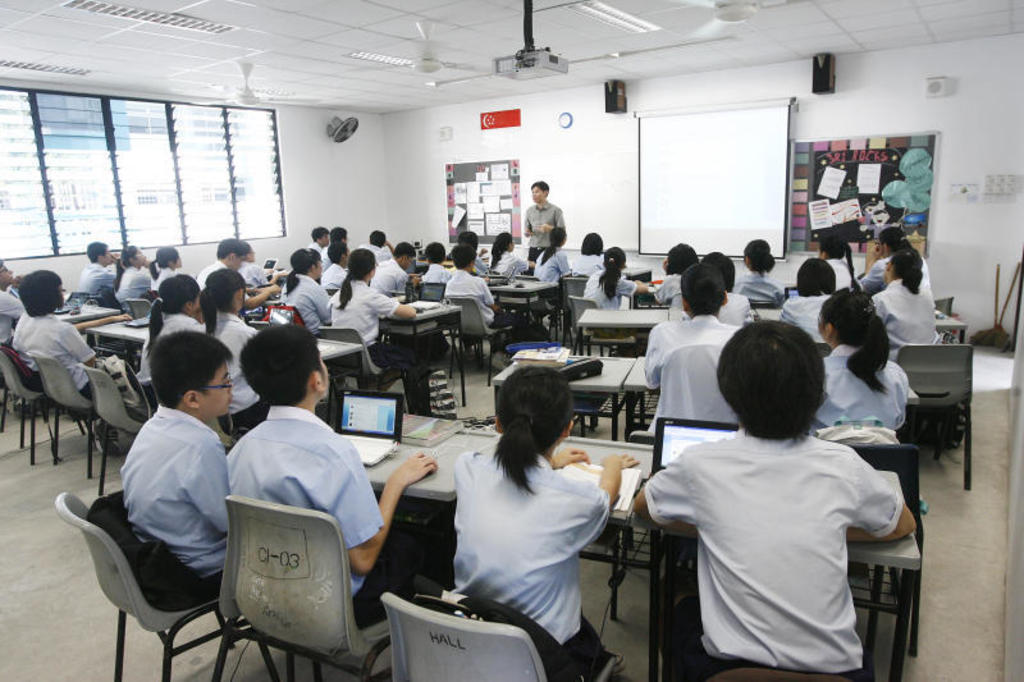
The Limitations of Subject-Based Banding: What About Single-Stream Schools?
06.11.19
Much of the debate on MOE’s recent moves to integrate schoolmates of different academic streams via Subject-Based Banding (SBB) has focused on whether SBB will be effective, or what the implementation of SBB will look like. However, one underdiscussed aspect of MOE’s policy change is its lack of impact on single-stream schools. Izzah Haziqah Haris explores why this is a problem, and potential policy options to deal with this issue.
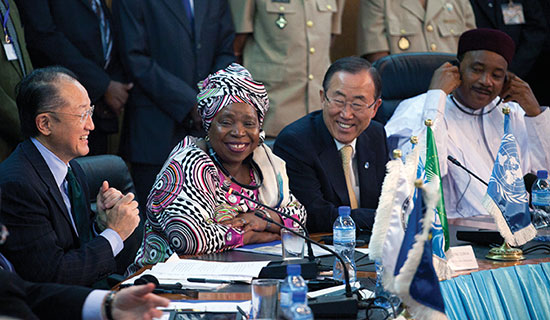
Constitutional guarantees against Hunger in African Countries: An assessment of legal integration of UN food policies
06.5.19
Abstract The fall of European colonial empires during the second half of the twentieth century led to a new international order characterized by the democratization of international organizations. In return, the democratization of international organizations reinforced the legal duty of human rights protection within the international community. Our aim is to provide an overview of […]

Making Welfare Work: Building a Culture of Care in the UK
05.14.19
At the end of October, Britain is set to exit the EU. With no deal currently in place, and uncertainty over how trade tariffs and the movement of goods will be impacted, there is increasing anxiety in the United Kingdom about the availability of food, fuel, and medicines. Although such provisions are typically the responsibility […]

Mending our Meritocracy: Socioeconomic Affirmative Action in School Admissions?
03.24.19
Singapore’s growing class divide presents challenges to its espoused meritocratic ideals. Samantha Wong, Toh Wei Lun and Amelia Woo consider proposals akin to “affirmative action” – namely the use of quotas and nominations in school admissions – to address educational and consequently socioeconomic disparities.
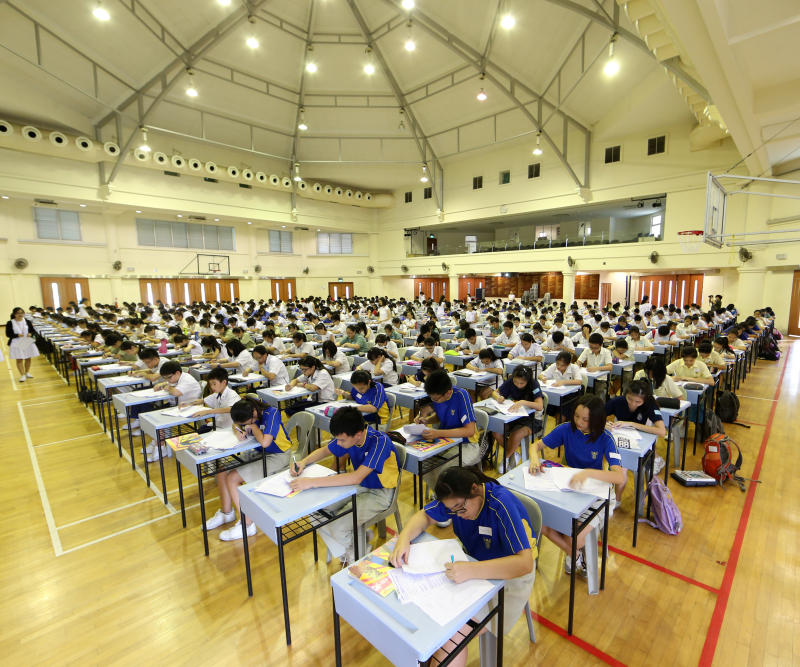
Letter: Subject-Based Banding is Not the Escalator We’re Looking For
03.20.19
On the topic of subject-based banding, Andrew Chia responds to Lionel Oh’s Op-Ed by laying out potential practical difficulties in overhauling the existing streaming system, showing how these obstacles could undermine the effectiveness of such a change.
